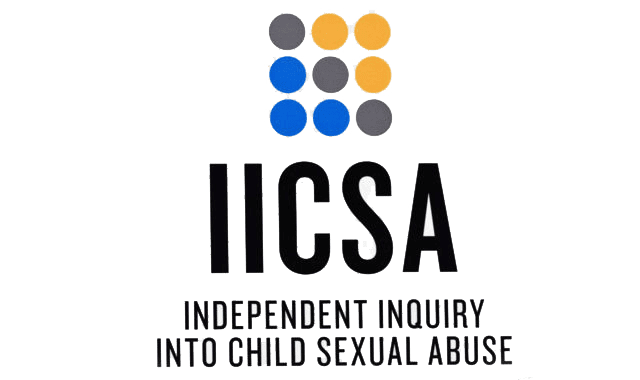The investigation report examines the extent of institutional failings by the Roman Catholic Church in England and Wales to protect children from sexual abuse and examines the Church’s current safeguarding regime. It draws on evidence from the Inquiry’s three case studies on Ampleforth and Downside Abbeys and their respective schools, Ealing Abbey and St Benedict’s School, and the Archdiocese of Birmingham.
Historical response to child sexual abuse
The evidence in the investigation has revealed a sorry history of child sexual abuse in the Roman Catholic Church in England and Wales. There have been too many examples of abusive priests and monks preying on children for prolonged periods of time. Responses to disclosures about sexual abuse have been characterised by a failure to support victims and survivors in stark contrast to the positive action taken to protect alleged perpetrators and the reputation of the Church.
Recommendations
The Chair and Panel make the following recommendations, which arise directly from this investigation.
The Roman Catholic Church in England and Wales should publish its response to these recommendations, including the timetable involved, within six months of the publication of this report.
Recommendation 1: Leadership
The Catholic Bishops’ Conference of England and Wales and the Conference of Religious in England and Wales should each nominate a lead member of the clergy for safeguarding to provide leadership and oversight on safeguarding matters to their respective Conferences and the wider Roman Catholic Church in England and Wales.
Recommendation 2: Training
The Catholic Bishops’ Conference of England and Wales should ensure that safeguarding training is mandatory for all staff and volunteers in roles where they work with children or victims and survivors of abuse. It should also be a requirement that regular refresher training is completed. The training should consider the impact of child sexual abuse, including the impact of trauma and the perspective of victims and survivors, and should be developed in conjunction with the Survivor Advisory Panel.
Recommendation 3: Compliance
The Catholic Bishops’ Conference of England and Wales and the Conference of Religious should publish a clear framework for dealing with cases of non-compliance with safeguarding policies and procedures. That framework should identify who is responsible for dealing with issues of non-compliance at all levels of the Church, and include the measures or sanctions for non-compliance.
Recommendation 4: External auditing
The Catholic Safeguarding Advisory Service should have the effectiveness of its audit programme regularly validated by an independent organisation which is external to the Church. These independent reports should be published.
Recommendation 5: Canon 1395
The Catholic Bishops’ Conference of England and Wales should request that the Holy See redraft the canonical crimes relating to child sexual abuse as crimes against the child.
Recommendation 6: Catholic Safeguarding Advisory Service website and policies and procedures manual
The Catholic Safeguarding Advisory Service should review its policies and procedures manual and the documents within it to ensure that they are consistent, easier to follow and more accessible.
Recommendation 7: Complaints policy
The Catholic Bishops’ Conference of England and Wales and the Conference of Religious should publish a national policy for complaints about the way in which a safeguarding case is handled.
The policy should deal with communication with complainants during the complaints process and set out an escalation process for all complainants to have their complaint assessed by an independent adjudicator, if they are unhappy with how their complaint has been handled.
Crown Copyright: THE ROMAN CATHOLIC CHURCH INVESTIGATION REPORT
Click the IICSA logo below to open the Report:

